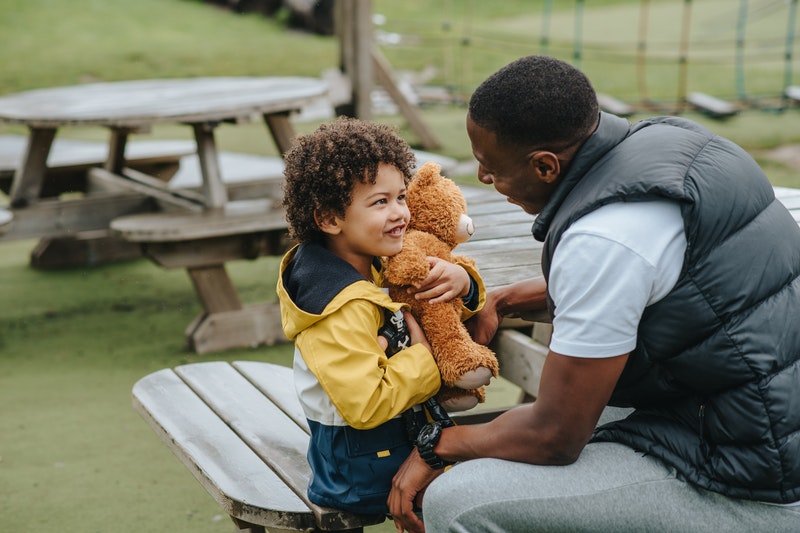As young children born close to the pandemic emerge out of isolation, more and more early childhood educators have been reporting how the COVID generation of young children seem to be more unruly, disobedient and lacking in social skills than previous generations.
This report is not shocking to most parents and educators alike. With the forced isolation that severely deprived young children an opportunity to mix and mingle with their peers, it is natural that most children would regress if not be delayed in their childhood development, especially their social skills.
As they finally make their way into childcare settings, meeting children their age and being in a room of 10-20 more toddlers may seem overwhelming and might have them take a bit longer of getting used to.
Here are some tips on how to prepare young children for childcare.
1. Establish a routine.
Childcare programs are built on routines. The earlier your child is used to having a routine, the easier their transition will be in a childcare setting. Routines also help children manage their expectations. Knowing what to expect helps a child be calmer and be less prone to tantrums.
2. Commit to a naptime.
Training your child’s circadian rhythm to have naps in the afternoon will make it easier for his/her teachers in childcare when it comes to naptime.
3. Teach table manners.
Mealtimes are another stressful segment for early childhood educators. Train their fine motor skills to properly hold their spoon and fork and feed themselves. While it’s understandable they may still be messy at mealtimes, a child who knows how to make sure to keep their bibs on while eating is definitely a delight for early childhood educators.
4. Do role plays to mimic interacting with peers.
While your child may be overwhelmed being a large group of toddlers, he/she may find comfort in being able to make friends with one toddler. Having a friend in a group of toddlers can make a big difference to a young child still navigating and learning the ropes in a childcare setting.
5. Let them come to childcare with their favorite toy.

Before being able to make friends with a peer, your child may have a better time adjusting by having support in a familiar favorite object such as their toy. It can also make for great conversation with his/her peers.
Letting your child attend a childcare setting after a year or two of intermittent to almost no socialization within a childcare setting can definitely be stressful. However, with these tips, you’ll be able to ensure that both your child and their early childhood educator will have a faster chance of adjusting to each other.


Recent Comments